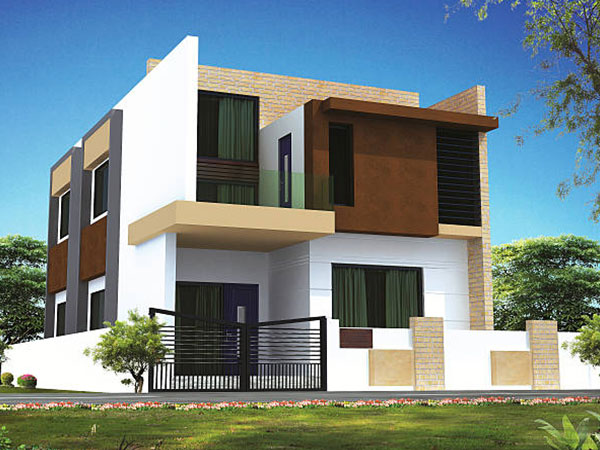By 2030, 60% of new home buyers will be Millennials and Gen Z in India: JLL Report
As India's residential market picks up, the Millennials and Gen Z buyers are expected to comprise about 60 per cent of new homebuyers by 2030, the JLL anticipated in its year-end residential market note.

- Country:
- India
As India's residential market picks up, the Millennials and Gen Z buyers are expected to comprise about 60 per cent of new homebuyers by 2030, the JLL, a global real estate services firm, anticipated in its year-end residential market note. By definition, Millennials, or Generation Y, are the people born between the early 1980s and the mid-1990s to early 2000s, while Generation Z are born between the mid-to-late 1990s and early 2010s.
The global real estate services firm added in the note that the urban homeownership rate is set to increase to 72 per cent by 2025, up from 65 per cent in 2020. This will be supported by affordable financing options and a younger demographic entering the housing market, the note added.
It further stated that India's housing market is poised for a remarkable transformation by 2025, driven by rapid urbanisation, technological innovations, and changing consumer preferences, stated Ritesh Mehta, Senior Director and Head (North and West), Residential Services and Developer Initiative, JLL India, in his note. Tier II and III cities are emerging as pivotal growth hubs, with smaller urban centres like Jaipur, Indore, and Kochi driving more than 40 per cent of new housing developments by 2025. The housing sector is expected to contribute 13 per cent to the national GDP by 2025, reflecting its resilience and potential, as per the JLL.
Projected to grow into a USD 1-trillion market by 2030, the sector is evolving in response to demographic shifts, policy reforms, and global trends. The firm added that sustainability, which was once considered a luxury, is now a necessity in the housing market. Green-certified buildings are expected to account for 30 percent of new residential projects by 2025, doubling from 15 percent in 2020, it added.
The demand for sustainable development, smart homes, and tech-integrated living spaces, along with affordable housing initiatives, has gained momentum in the market, as per the report. In 2024, sustainable development is not just a buzzword but a critical factor influencing property values and buyer decisions, it added.
Green building certifications, like LEED (Leadership in Energy and Environmental Design), are becoming more common as the real estate industry prioritises sustainability, as per JLL. The demand for smart homes and tech-integrated living spaces is skyrocketing, as per JLL, while budget-friendly housing remains a key focus in India.
The number of residential units sold during 2024, translating to approximately 85 percent of the total units sold during the entire 2023. The year 2024 saw a remarkable 17 percent increase in sales compared to the same in 2023.
This upward trajectory in demand paved the way for sustained growth in the country's residential asset class, the note added. The sales have been doubled as compared to 2023, as per the JLL. (ANI)
(This story has not been edited by Devdiscourse staff and is auto-generated from a syndicated feed.)
- READ MORE ON:
- 1. Real estate market India
- 2. Millennials and Gen Z homebuyers
- 3. Urban homeownership rate
- 4. Affordable financing options
- 5. Rapid urbanization
- 6. Tier II and III cities growth hubs
- 7. Projected 1-trillion-dollar market
- 8. Sustainability in the housing market
- 9. Smart homes and tech-integrated living spaces
- 10. Sustainable development.










